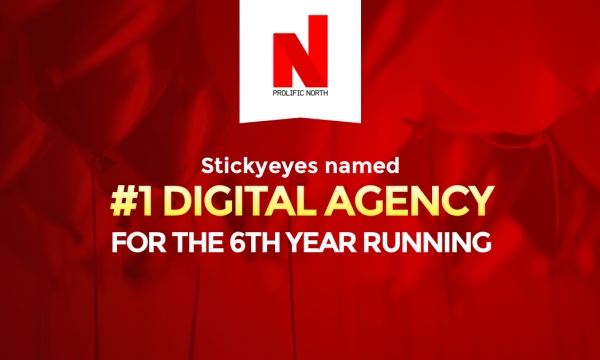The Apple Watch makes its debut

If you missed the unveiling of the Apple Watch, you probably had a very good hiding place.
Apple finally launched to Apple Watch this week, which will set you back anywhere between £300 and £13,500 in the UK. Apple didn’t announce any major specification differences between the models, with the key point of difference being the watch size and the strap materials.
Whilst the smartwatch sector is yet to really take off, Apple believes that its watch can turn the tide when all 38 of its Apple Watch models go on sale on 24 April.
Apple claims that “thousands” of applications will be available at launch, with Facebook, Instagram and Uber amongst those already confirmed.
Twitter trials TV timelines

Twitter is looking to transform second-screen viewing, with the launch ‘TV Timelines’.
Under the experiment, Twitter will invite users which it notices using TV-related hashtags of keywords to try out Twitter TV Timelines. Those who accept will be taken to a user interface dedicated to the discussion of that show.

Shows involved in this scheme (initially, it will be trialled in the US with American Idol, The Big Bang Theory, The Blacklist and @Midnight), will have their own dedicated pages, with content split into three columns - ‘Highlights’, ‘Media’ and ‘All’.
The move is likely to make it easier for Twitter and for broadcasters to manage conversations around a particular television show, making it more difficult for brands to ‘hijack’ a Twitter trend. We’ll watch this development closely.
Goodbye Google Code

The Google Code project is no more, with the search engine dropping the programme. The reason, according to Google, is that it is dedicating too much resource to a programme that is hosting “spam or abuse”.
Google Code was set up in 2006, with Google hoping that it would provide developers with a reliable and stable project hosting site. However, the company has admitted that those developers have now moved on to other platforms, and that it is spending too much time dealing with the troublemakers that have been left behind.
Google Code is now closed to new projects, and Google will be contacting users about migrating their projects to other platforms.
Facebook sued over children’s shopping sprees

Are parents liable for Facebook purchases made by their children? Well, a judge in California has suggested that they shouldn’t be.
A federal judge in California has ordered that Facebook must face a nationwide class-action lawsuit, which is seeking to force the company to refunds payments when children spend their parents’ money on its website without permission.
The issue relates to the purchase of in-app upgrades and credits, which can see children run up significant bills on a parent’s credit card, if a card is linked to a particular account.
This particular lawsuit was brought by two children and their parents, one of which received a bill for several hundred dollars for ‘in-game currency’ after allowing their child to purchase a $20 game. Another child said he took a debit card from his parents without permission and spent $1,059.
A third of young people expect social media to influence their vote

The UK general election is two months away and, according to research, social media could have a huge influence on young voters.
A third of would-be voters aged 18-24 believe that social media will influence their vote, according to research by Ipsos Mori and King’s College London.
However, whilst 71% of those surveyed agreed that social media helped to engage people in the political process, 52% argued that social media made politics more divisive.
“The evidence suggests that platforms such as Facebook and Twitter are becoming part of the natural fabric for the group both hardest to engage in politics and whose political opinions are least set in stone – young people,” said Bobby Duffy, managing director of the Ipsos Mori Social Research Institute.
“Modern users of social media are sophisticated enough to recognise its disadvantages – and don’t seem to be dropping other news sources entirely – but its potential to widen access to politics could be key in halting the decline in political engagement among younger generations.”


